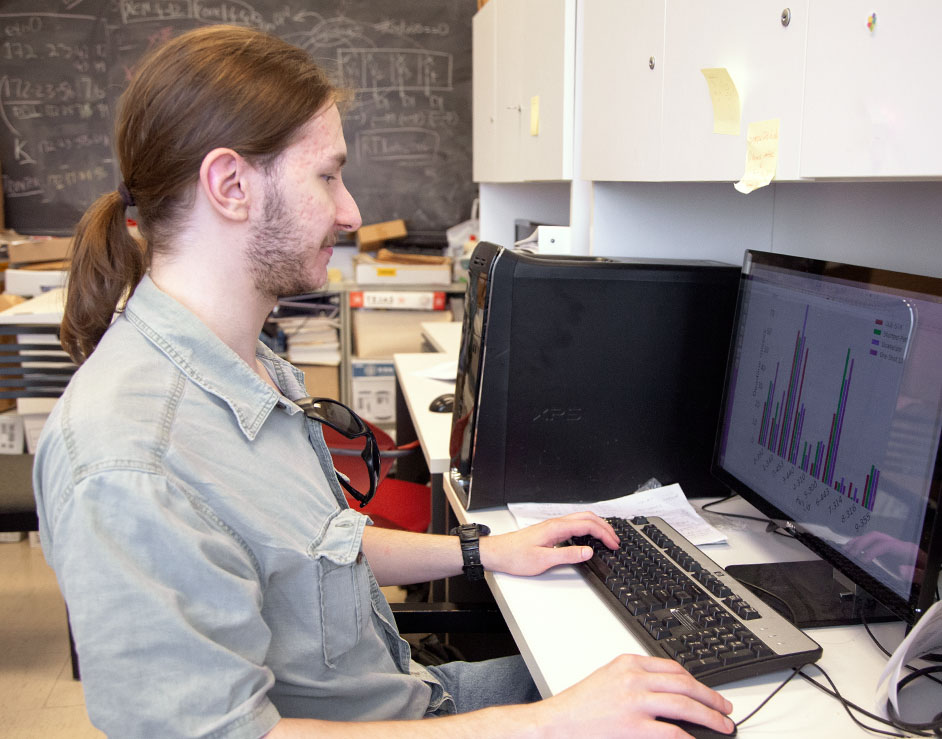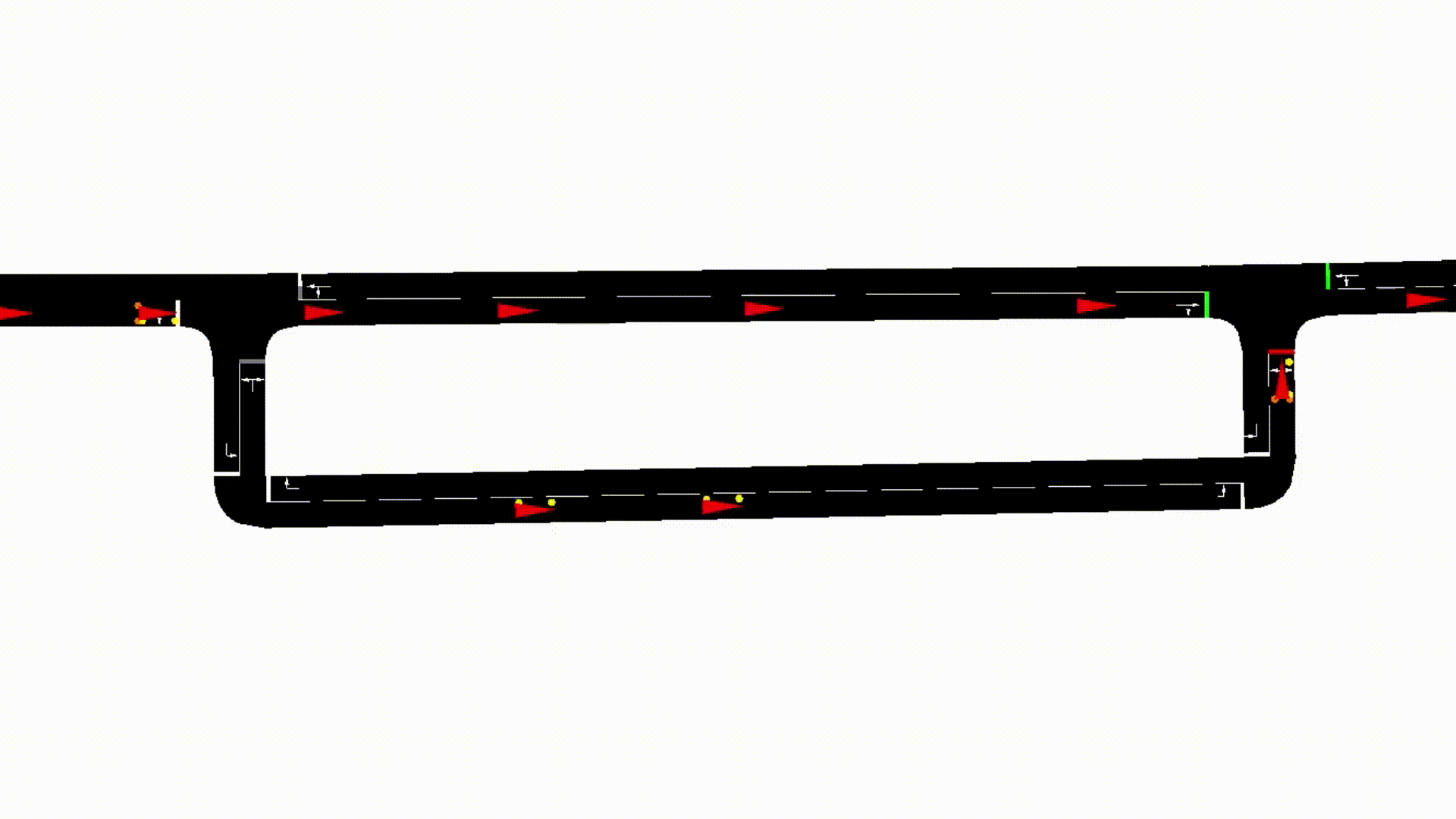Computer Science Student Published Paper at IEEE Conference
A few years ago, if you told Thomas Carroll he would win an award for being a student employee of the year, he probably would have laughed in disbelief.

Even now, he is still pretty incredulous to have received the 2022 University of Houston Undergraduate Student Employee of the Year Award.
“Getting the award is overwhelming,” said Carroll, “and very nice just because of all the work I had to do.”
What was the work exactly? Carroll was one of three teaching assistants for computer science professor Albert Cheng’s Fundamentals of Operating Systems class. He worked with 150 students and was the most sought-after TA, in part because he went above and beyond his required duties. Carroll held this position in addition to his work on a research paper and his Senior Honors Thesis.
“Thomas is always eager to help fellow students with their classwork,” said Cheng. “Most students go to see Thomas during his office hours and by appointment for help with their homework assignments.”
Thomas said he helped the students beyond his requirements because he was once in their shoes. When he took the same course in fall 2019, he was constantly asking Cheng questions during office hours.
“I think out of all the professors I’ve had at UH, Professor Cheng’s class was the most realistic, because he gives you a problem and you have to consider how this problem intertwines with the topic you’re learning.”
Cheng pushes students, like Carroll, to put their analytical, mathematical and computational skills to work in the operating systems class.
Carroll’s desire to fully grasp the concepts and dig even further into principles and algorithms led the undergraduate to his greatest academic success yet – getting a paper accepted for presentation at the 28th Institute of Electrical and Electronics Engineers’ (IEEE) Real-Time and Embedded Technology and Applications Symposium. It is a top conference for systems research.
Reducing Traffic Congestion
The premise of Carroll’s accepted paper is simple: create a system that facilitates a traffic-routing model for self-driving cars. Vehicles need to be at a certain place within a specific time frame in the real world. In his system, participating vehicles collaborate to select their routes to reduce the average travel time for all.

For example, vehicles that need to be at their destination sooner move to quicker routes, and vehicles that can arrive later move to longer routes to make room for vehicles that need to arrive faster.
The paper combines selfless routing strategies and advanced reinforcement learning, which is a machine learning method that rewards desired behavior.
Carroll found his system overall met more deadlines compared to other algorithms but had worse results considering average vehicle travel time.
“Thomas is making significant contributions to reducing traffic congestion, travel time, energy consumption and greenhouse gas emissions,” said Cheng.
The study was based primarily on the 2019 paper, “Work-in-Progress: Leveraging the Selfless Driving Model to Reduce Vehicular Network Congestion,” which Cheng co-authored with his students Guangli Dai, Pavan Kumar Paluri, Thomas Carmichael and Risto Miikkulainen.
Winding Road
Cheng encouraged Carroll to pursue a Senior Honors Thesis last year because of Carroll’s curiosity and strong performance in Cheng’s classes. Carroll began his thesis last summer.
In October, Cheng challenged Carroll to write a paper for a conference. The paper was rejected as all the reviewers gave the paper a rating of 1 out of 5. Despite the failure, Cheng encouraged him to keep going.
The following month, another setback occurred. A truck hitch fell on Carroll’s head in an accident. He thought recovery would last a week, but he had to take a longer break.
The period of rest afforded him the opportunity to more closely study and understand his research material. He submitted another paper, and it was rejected again, this time, with 2s and 1s.
“The issue was really my writing,” Carroll said. “I was bad at writing technical papers, but the material was solid. At this point, Dr. Cheng had one of his Ph.D. students, Guangli Dai, help me write the paper.”
This was a turning point. Dai instilled in Carroll a style of writing needed for scientific papers. Carroll wrote and rewrote the paper until a third opportunity for paper submission came around, and it was accepted.
Carroll graduated in May 2022 with a Bachelor of Science in Computer Science. He will pursue a computer science Ph.D. degree under the tutelage of Albert Cheng.
- Rebeca Trejo, College of Natural Sciences and Mathematics